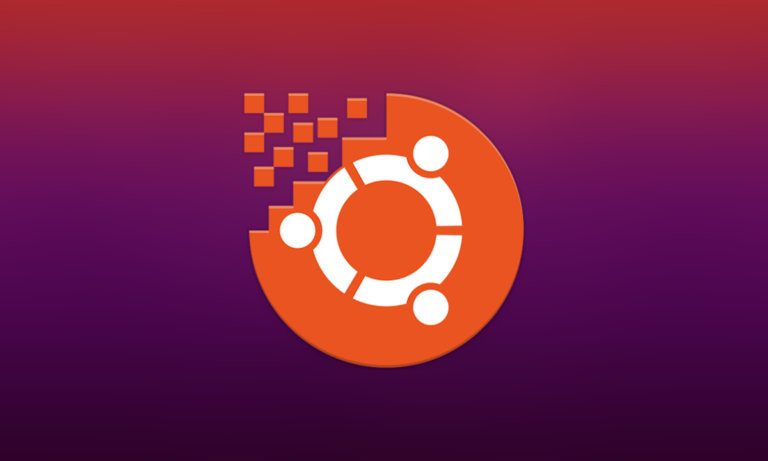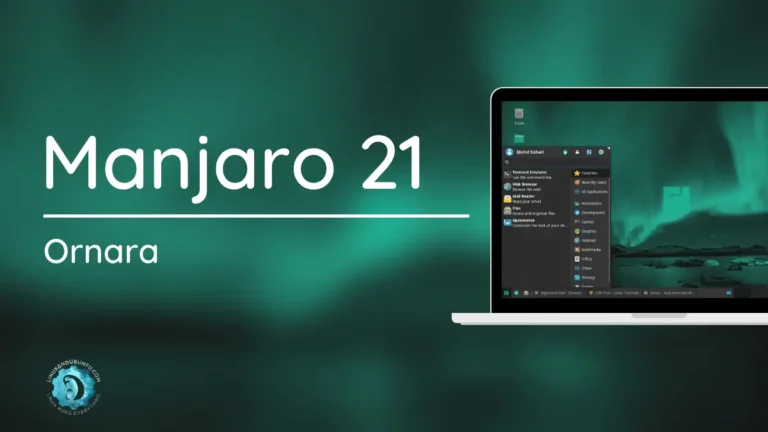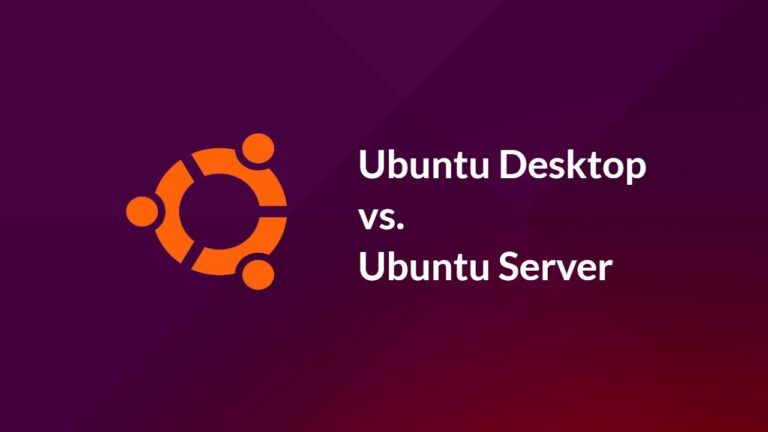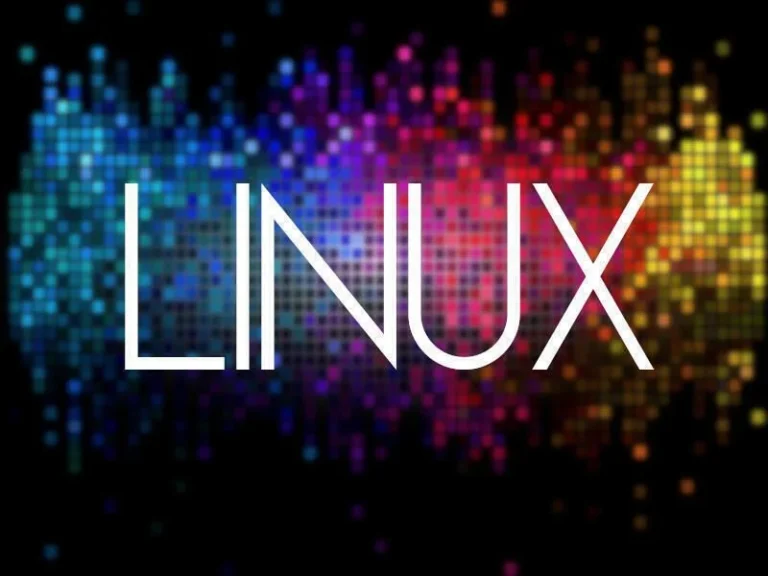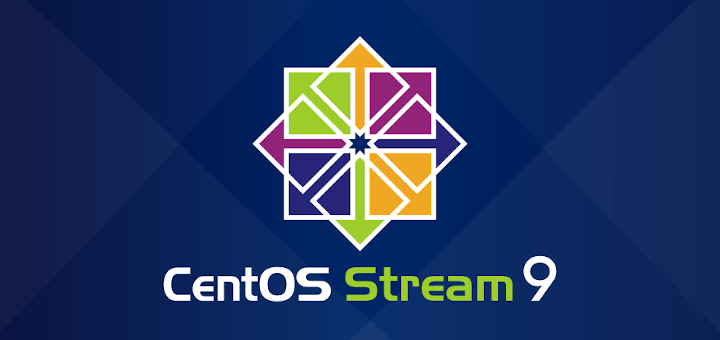Are you looking for a reliable and versatile Linux distribution to meet your computing needs? Look no further than Debian.
We will explore the rich history and strong community focus of Debian. Delve into the different branches of Debian – Stable, Testing, and Unstable. Discuss the release code names, support periods, APT package manager, repositories, and the numerous benefits of choosing Debian.
Discover why Debian is the top choice for stability, security, and versatility in the world of Linux.
Key Takeaways:
- Debian is a highly stable and versatile choice for all, with its multiple branches providing options for different needs.
- The release code names add a fun aspect to the traditionally serious Linux world.
- Debian’s long-term support options and extensive software repositories make it a reliable and well-supported choice for any user.
Introduction to Debian
Debian, a popular Linux distribution, is renowned for its stability, vast software support, and active developer community.
One of the key features that sets Debian apart from other operating systems is its unwavering commitment to stability. Debian’s rigorous testing process ensures that updates and releases are thoroughly vetted, providing users with a reliable and secure computing experience. Debian’s extensive software offerings cater to a wide range of user needs, with thousands of packages available in its repositories. The collaborative nature of Debian’s developer community fosters innovation and continuous improvement, making it a preferred choice for many individuals and organizations.
History and Origins
The Debian Project, initiated by Ian Murdock in 1993, aimed to develop a free software operating system based on the principles of the GNU project.
The roots of Debian can be traced back to the visionary idea of Ian Murdock, who recognized the need for a community-driven, open-source platform that would prioritize user freedom and collaboration. With a clear mission to create a stable and secure operating system, Debian adhered strictly to the guidelines set forth by the Free Software Foundation, emphasizing transparency and inclusivity in its development process.
The project’s commitment to open access and user give the power toment marked a significant milestone in the evolution of the open-source movement, as it provided a solid foundation for the proliferation of free software ideals globally. Debian’s formation not only catalyzed innovation within the tech industry but also inspired a new wave of initiatives centered around the principles of freedom and community-driven development.
Community Focus
Debian’s community-centric ethos is exemplified by the Debian Social Contract, overseen by figures like Jonathan Carter, emphasizing collaboration, transparency, and commitment to free software principles.
One of the core principles that Debian upholds is its commitment to free software, ensuring that the software created is accessible and open for all. This dedication to openness and transparency extends to all aspects of the project, from its decision-making processes to its communication with users and contributors.
Under the guidance of key figures like Jonathan Carter, Debian has fostered a community-driven environment that encourages individuals to participate and contribute. The Debian Social Contract serves as a manifesto, outlining the values that guide the project and reinforcing the importance of collaboration and inclusivity.
Debian’s Branches
Debian’s ecosystem comprises distinct branches, including Stable, Testing, and Unstable, catering to diverse user needs and preferences.
Each branch serves a different purpose within the Debian community.
- The Stable release, as its name suggests, is the most reliable and well-tested version, ideal for production environments where stability is paramount.
- The Testing branch is a rolling-release version that offers newer software packages but may not be as thoroughly validated as the Stable release.
- The Unstable branch is for developers and enthusiasts who want to work with the cutting-edge software that is still in the experimental phase.
Stable, Testing, and Unstable Branches
Debian offers three primary branches: Stable, Testing, and Unstable, each catering to different user requirements and preferences.
The Stable branch is known for its rock-solid reliability and is ideal for production environments where stability is crucial. It receives fewer updates, focusing mainly on security patches and major bug fixes, ensuring a consistent and dependable operating system. On the other hand, the Testing branch provides users with a balance between stability and newer features. It is updated more frequently than Stable as it serves as a preparation ground for the next Stable release.
- The Unstable branch, also known as Sid, is geared towards experienced users and developers who crave cutting-edge software. It receives constant updates, making it a rolling release with the latest packages available for testing. While Unstable is prone to occasional breakages due to its bleeding-edge nature, it allows early access to new features and software.
By understanding the distinctions between these branches, users can choose the one that aligns best with their needs, whether it be prioritizing stability, accessing newer software, or enjoying the latest developments in the Linux community.
Release Code Names
Debian distinguishes its releases with whimsical code names inspired by characters from the Toy Story franchise, adding a touch of creativity to version identification.
These fun and quirky aliases not only make the release names more memorable but also reflect Debian’s playful spirit and community-driven ethos. For instance, Debian 11, codenamed Bullseye, pays homage to the lovable toy horse in Toy Story. The Toy Story-themed names serve as conversation starters among Debian enthusiasts and contribute to the overall charm of the open-source project.
Embracing this tradition, upcoming versions like Debian 12 are eagerly awaited for the unveiling of their delightful character-inspired monikers.
Debian Support Period
Debian provides comprehensive support services including Regular Security Support, Long Term Support (LTS), and Extended Long-Term Support (ELTS) to ensure the longevity and security of its releases.
Regular Security Support involves timely security updates for the current stable release, addressing any vulnerabilities or bugs that may compromise system integrity.
On the other hand, Long Term Support (LTS) and Extended Long-Term Support (ELTS) cater to older versions that are no longer actively maintained by regular updates, offering an extended period of security coverage. These support mechanisms are crucial for organizations and individuals alike to continue using Debian with confidence, knowing that their systems are well-protected and reliable over time.
Regular Security Support
Debian’s Regular Security Support ensures timely delivery of security updates and patches to protect users from vulnerabilities and maintain system integrity.
These updates play a vital role in safeguarding Debian installations by addressing known security issues and vulnerabilities that could potentially be exploited by malicious actors.
By regularly providing these security patches, Debian helps to enhance the overall security posture of systems running on its platform.
Users can rely on Debian’s Regular Security Support to stay ahead of emerging threats and ensure that their systems are well-protected against cyber attacks.
This proactive approach to security maintenance instills confidence in users, allowing them to focus on their tasks with peace of mind.
Long Term Support (LTS)
Debian’s Long Term Support (LTS) program extends the maintenance period for specific releases, offering prolonged security updates and bug fixes beyond the standard support cycle.
This initiative plays a crucial role in providing users with a stable and secure environment, especially for production systems where consistency and reliability are paramount. Users benefit from peace of mind knowing that their Debian installations will continue to receive essential patches and updates, even after the official end of standard support. The Debian LTS program effectively bridges the gap between the end of regular maintenance and the need for continued security measures to safeguard systems against emerging threats.
Extended Long-Term Support (ELTS)
Debian’s Extended Long-Term Support (ELTS) program provides additional security coverage for older releases that have transitioned beyond the standard support lifecycle, ensuring continued protection for legacy systems.
The purpose of this program is to bridge the gap between the end of regular Debian support and the ongoing need for security updates in environments reliant on older software versions. ELTS helps organizations manage the vulnerabilities that may arise in outdated releases, minimizing the risk of cyber threats and data breaches. By extending security maintenance for a defined period, ELTS offers peace of mind to businesses and individuals who rely on Debian in their legacy infrastructure.
APT Package Manager
Debian’s Advanced Package Tool (APT) serves as a robust package management solution designed to streamline software installation and updates in conjunction with the underlying dpkg package manager.
One of the key advantages of APT lies in its ability to resolve and install dependencies automatically, simplifying the user experience significantly. By maintaining a database of available software repositories, APT efficiently manages package installations, removals, and upgrades with a single command. APT provides a high level of stability and security by verifying package integrity through cryptographic signatures. This ensures that only trusted and authenticated software packages are installed on the system.
Debian Repositories
Debian repositories encompass Main, Contrib, Non-Free, Security, and Backports sections, offering users a diverse selection of software packages, updates, and security patches.
The Main section of Debian repositories serves as the core foundation, housing essential software maintained by the Debian community. Users can find key applications and tools necessary for the system’s operation in this repository.
Contrib section includes packages that are not part of the core distribution but are still open source and comply with Debian’s Free Software Guidelines. These packages, contributed by the community, enhance the software ecosystem.
In contrast, the Non-Free section includes software that does not adhere to Debian’s Free Software Guidelines. While not open source, this repository offers additional proprietary software choices for users.
Security repository focuses on delivering timely security updates and patches to keep Debian systems protected from vulnerabilities and threats. It plays a crucial role in maintaining system integrity.
The Backports section provides newer versions of software, not included in the current Debian release, backported to the stable version. This enables users to access the latest features without upgrading the entire system.
Main, Contrib, and Non-Free Repositories
Debian’s Main, Contrib, and Non-Free repositories offer users a comprehensive range of software packages, extensions, and drivers to meet diverse application requirements and preferences.
Debian’s Main repository is the core collection that consists of free and open-source software, forming the foundation of the operating system. It includes essential applications, utilities, and libraries that are officially maintained and well-tested for stability and security. Users can rely on the Main repository for standard software components and updates.
The Contrib repository contains software packages that are not maintained by Debian but are thoroughly reviewed for compliance with Debian’s Free Software Guidelines. These offerings enhance the functionalities available in the Main repository and provide additional options for users.
The Non-Free repository offers proprietary software that does not align with Debian’s free software principles, either due to licensing restrictions or other reasons. While not fully open-source, this repository can accommodate software for specific needs that are not available in the Main or Contrib repositories.
To leverage these repositories effectively, users can configure their package management system such as apt to access and install software from Main, Contrib, and Non-Free repositories as per their requirements and licensing preferences.
Other Repositories like Security and Backports
Debian’s additional repositories, such as Security and Backports, cater to specific user requirements by offering enhanced security updates and newer software versions for stable releases.
These specialized repositories play a crucial role in maintaining the stability and security of Debian systems. The Security repository is dedicated to providing timely security patches and fixes for vulnerabilities in the stable release, ensuring that users can keep their systems secure against emerging threats.
On the other hand, the Backports repository focuses on offering backported versions of software applications from newer Debian releases to the stable release. This allows users to access updated software features without compromising the overall stability of their system.
Benefits of Choosing Debian
Opting for Debian brings unparalleled benefits, including rock-solid stability, robust security features, versatile software options, extensive repositories, and a vibrant community for assistance.
These advantages of Debian combine to create an exceptionally smooth user experience. The stability of Debian ensures that your system runs reliably without unexpected crashes. Its rigorous security features provide a strong defense against cyber threats, safeguarding your data and privacy.
With a wide array of software options to choose from, Debian caters to diverse user needs ranging from casual home users to advanced professionals. Its expansive repositories offer a vast collection of packages, making it effortless to find and install software.
The supportive community surrounding Debian is a valuable asset. Whether you encounter technical issues or seek advice, the Debian community is always ready to help, fostering a sense of belonging and collaboration among users.
Stability, Security, and Versatility
Debian’s core strengths lie in its exceptional stability, stringent security measures, and versatile software ecosystem, making it a preferred choice for users seeking reliability and flexibility.
Debian’s commitment to stability is reflected in its rigorous testing processes and long-term support, ensuring that updates and changes are methodically implemented to prevent system disruptions. The focus on security includes regular security updates, robust authentication mechanisms, and an active security team monitoring potential threats. Debian’s versatility shines through its vast repository of software packages, offering users the freedom to customize their systems based on specific needs and preferences.
Extensive Software Repositories and Community Support
Debian’s vast software repositories and dedicated community support ecosystem give the power to users to access a wide array of applications, tools, and resources, backed by the collaborative efforts of developers and enthusiasts.
The software repositories in Debian are like a treasure trove for users seeking diverse solutions for their computing needs. Whether it’s productivity tools, multimedia software, educational resources, or developer frameworks, Debian’s repositories stand out for their comprehensive coverage.
What truly sets Debian apart is not just the quantity of available applications but also the quality and reliability of each software package. Users benefit from the meticulous curation process that ensures that only stable, secure, and well-maintained software makes its way into the repositories.
Conclusion
In conclusion, Debian stands as a benchmark in the Linux ecosystem, embodying the core values of the Debian Project and offering a user-friendly experience through tools like APT, dpkg, and Synaptic.
Debian’s significance in the Linux landscape goes beyond just being a popular distribution; it is known for its stability, security, and commitment to free and open-source software. The Advanced Package Tool (APT) is a key component of Debian, streamlining the process of package management and making software installation and updates efficient.
Alongside APT, the Debian Package Manager (dpkg) plays a crucial role in handling installation and removal of packages, ensuring smooth functioning of the operating system. Synaptic, a graphical package management tool, provides a user-friendly interface for users to browse, install, and remove software packages conveniently.
Frequently Asked Questions
What is Debian?
Debian is a highly stable and versatile operating system, known for its reliability and flexibility. It is based on the Linux kernel and is completely free and open-source.
Why should I choose Debian?
Debian is a great choice for all types of users, from beginners to advanced users. Its stability and versatility make it suitable for a wide range of tasks and it is constantly updated and improved by a dedicated community of developers.
Can I use Debian on any device?
Yes, Debian can be installed on a variety of devices including desktops, laptops, servers, and even mobile devices. It supports a wide range of hardware architectures, making it a versatile choice for all types of devices.
How does Debian ensure stability?
Debian has a rigorous testing and release process, which involves multiple stages of quality assurance and bug fixing before a new version is released. This ensures that Debian is highly stable and reliable for all users.
Is Debian user-friendly?
While Debian may have a reputation for being more technical and less user-friendly than other Linux distributions, it offers a variety of user-friendly options such as graphical installers and package managers. It also has a large community of users who can provide support and assistance.
Is Debian completely free to use?
Yes, Debian is completely free to use and distribute. It is built on the principles of open-source software and is not only free of cost but also free to modify and redistribute.
